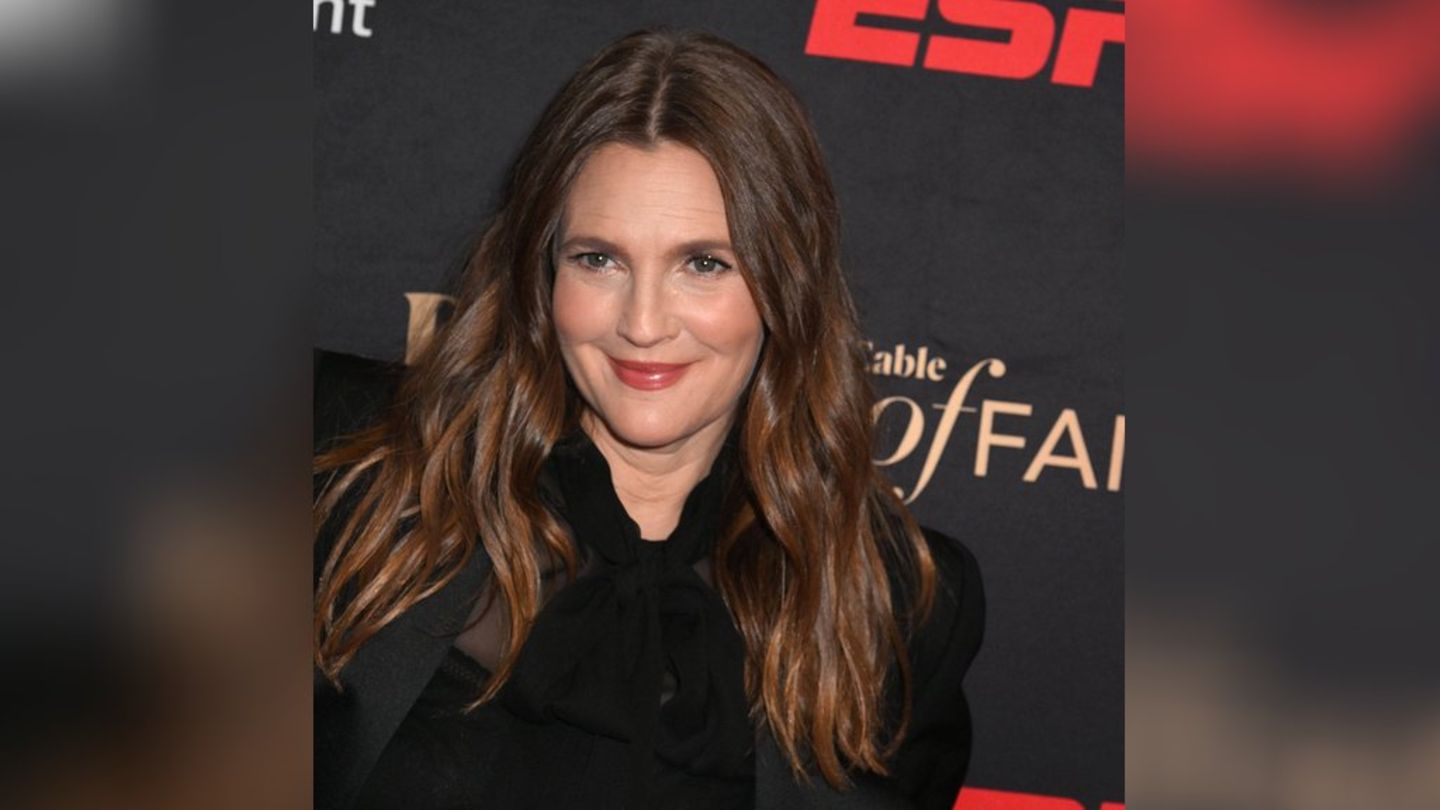Japanese Prime Minister, Fumio Kishida, with low popularity rates, announced that he has refused to run for re-election as leader of his party and, consequently, to continue leading the government of the world’s fourth-largest economy.
His Liberal Democratic Party (LDP), the conservative party that has governed Japan almost without interruption since 1945, will choose its new president in September, who, following Japanese tradition, will also take over the reins of government.
In power since October 2021, the 67-year-old prime minister, whose image has been tarnished by the Inflation and political-financial scandals in his partyhe announced at a press conference that he will continue to take over the party’s presidency.
“It is necessary to show the people that the LDP is changing and that the party is a new LDP,” he said at his conference in Tokyo.
“For this, transparent and open elections and a free and vigorous debate are important. The most obvious first step to show that the PLD is going to change is for me to step aside,” he argued.
Appointed prime minister just days after being elected head of the LDP nearly three years ago, Kishida and his government’s popularity has plummeted to 25 percent approval, according to a poll by public broadcaster NHK.
In November, he announced a stimulus package of more than $100 billion to revive the economy, but that did little to quell anger among voters and within his own party.
In addition to inflation, which is new to many Japanese after decades of stagnation and deflation, Economic growth slowed and the yen plummeted, making imported goods even more expensive.
Criticised at home, Kishida, who escaped a homemade bomb attack last year, has enjoyed a good reputation in the West for his staunch support of Ukraine since the Russian invasion and his investment in defence after decades of strict pacifism in Japan.
Encouraged by Washington, the prime minister has pledged to double his defence spending by 2027 to the 2% of GDP recommended by NATO, even though he is not a member of the alliance.
With “strong leadership,” Kishida “helped build a network of security alliances across the Indo-Pacific region that will stand the test of time,” U.S. Ambassador Rahm Emanuel praised him.
Kishida could theoretically have ruled until 2025, but speculation was growing in the Asian archipelago that he might call early elections to try to shore up his position.
Many LDP leaders believed that the party, which has suffered three defeats in local elections this year, could fare badly in early elections, NHK reported.
The prime minister “appears to have decided that he himself must take responsibility for dispelling the growing distrust” towards the government and the party, the newspaper said.
Kishida decided to step aside because he knew he would lose the battle for the party presidency, said Koichi Nakano, a political science professor at Sophia University.
“He has not succeeded in closing ranks within the LDP,” Nakano told AFP, although he clarified that “for a leader of the LDP, remaining in power for three years is longer than average.”
Before Wednesday, several media outlets had cited Digital Transformation Minister Taro Kono and Economic Security Minister Sanae Takaichi as possible candidates for the party leadership.
The Yomiuri Shimbun newspaper reported that some party members are backing Shigeru Ishiba, the party’s former number two, and Shijiro Koizumi, a former environment minister and son of former Prime Minister Junichiro Koizumi.
On the streets of Tokyo, some voters expressed their desire for a breath of fresh air in Japanese politics.
“I personally think negative parts of the LDP have surfaced lately, so a change in power may be a good idea,” said Kentaro Oba, a 40-year-old worker.
“I would personally like to see someone younger take over,” said Akito Kashino, 26. “We have only seen very old politicians lead our country so far, so someone younger and more efficient may be good.”
Source: Ambito




